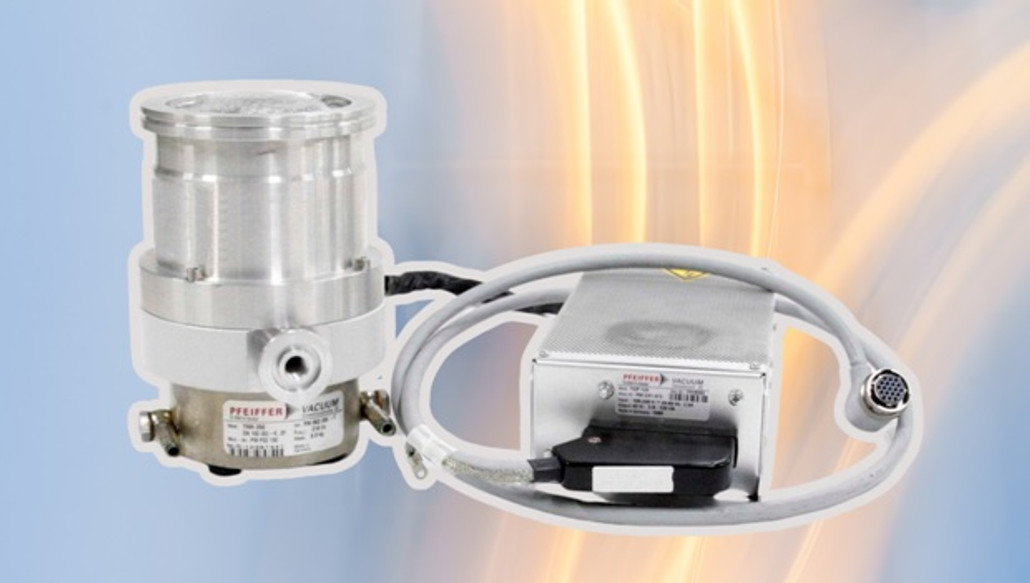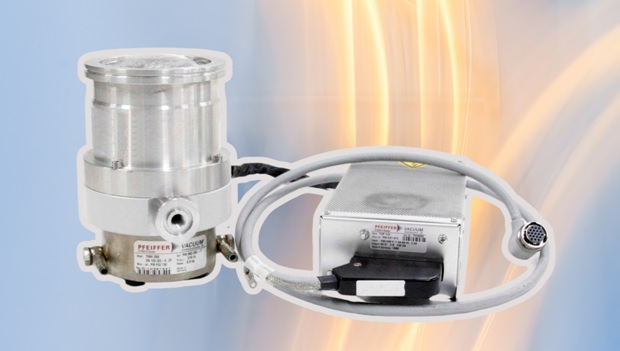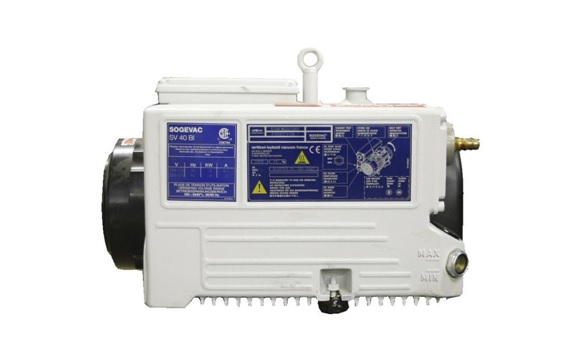
Enhancing Research with the Right Lab Vacuum Pumps
3rd Jun 2024

When we think about the tools that power our labs and fuel our research, it's easy to overlook the silent workhorses that keep things running smoothly. You're not alone if lab vacuum pumps don’t immediately spring to mind as the stars of the laboratory.
Yet, these essential pieces of equipment play a critical role in a wide array of scientific experiments, often making the difference between a good outcome and a great one.
The problem is, with such a variety of vacuum pumps available, choosing the right one can feel overwhelming. Whether it's the complexity of specifications or the sheer number of models, the challenge is real.
A Brief Overview of Lab Vacuum Pumps
So, what's the big deal about lab vacuum pumps? Well, imagine them as the unsung background singers of the science concert—essential but not always in the spotlight.
These gadgets have been around since the 17th century, starting with Otto von Guericke's early experiments. Fast forward to today, and they're the backbone of countless experiments, giving scientists the control and precision they need without making a fuss.
Why Every Lab Needs a Good Vacuum Pump
Vacuum pumps are the heavy lifters in a lab, performing tasks you might not even realize you needed until you’re deep into your work. Here's what these pumps do for us:
Gas Sample Collection Made Easy
Imagine trying to collect gas samples and needing them to stay exactly as they are—no changes, no contamination. That's where your vacuum pump comes in, ensuring those samples remain pristine.
Suction and Filtration
Next up, we've got tasks that require a bit of muscle—moving liquids around, filtering out unwanted particles, and keeping samples clean. It's the force behind the scenes, making sure liquids go exactly where they need to, and only the substances you want end up in your final sample.
Boosting Instrument Sensitivity
When it comes to detecting substances at low concentrations, every little bit helps. That's where your vacuum pump steps up again, enhancing the sensitivity of your instruments. Think of it as the lab equivalent of turning up the volume so you don't miss a whisper.
Mastering Evaporation and Concentration
Finally, when manipulating boiling points you want to evaporate a liquid at a lower temperature to avoid degrading your precious sample. In this case, your vacuum pump has got your back, lowering the boiling point and gently coaxing the liquid into a gaseous state.

Spotlight on Some Stellar Models
So, you’re on the hunt for a lab vacuum pump, but the sea of options has you feeling a bit lost at sea. To give you a taste of what’s out there, let's zoom in on a few specific models:
- Sogevac SV 40 Bi: First up is the Sogevac SV 40 Bi vacuum pump. It’s a single-stage, oil-sealed rotary vane pump that’s got efficiency and safety down pat. How does it work? Well, it uses a classic rotary vane mechanism—trapping gas and then kicking it out of the system to create a vacuum.
- Jun-Air V-100: Then there’s the Jun-Air V-100. If you’re tight on space but don’t want to compromise on performance, this is your go-to. Using the same rotary vane technology, it quietly goes about its business, creating the vacuum you need for a variety of lab tasks.
- Pfeiffer Vacuum Turbo Pump TMH 260: For those moments when only the highest vacuum levels will do, the Pfeiffer Vacuum Turbo Pump TMH 260 steps up to the plate. It comes with a Controller TCP 120, enhancing its functionality and ease of use1. The pump is chemically resistant, allowing it to handle a wide range of media.
FAQs for the Curious Mind
- Q1: Can one vacuum pump serve all my lab needs? Not usually. Different experiments might require different vacuum levels or have specific chemical compatibility needs.
- Q2: What maintenance does a vacuum pump need? It varies—oil-sealed pumps need oil changes, while diaphragm pumps might just need occasional checks.
- Q3: Are there eco-friendly vacuum pump options? Yes! Oil-free pumps are a great choice if you're looking to reduce environmental impact.
- Q4: How do I know if a pump is chemically compatible with my work? Check the specs carefully or consult with the manufacturer about your specific needs.
- Q5: Can the noise from a vacuum pump be disruptive? It can be. If noise is a concern, look for models known for quiet operation.
Find Your Scientific Partner
For those on the lookout for reliable, effective ways to enhance their scientific experiments, the right lab vacuum pump could be just a few clicks away. At HiTechTrader, we offer a curated selection of lab vacuum pumps designed to meet your diverse needs when delving into the depths of chemical research, pushing the boundaries of biotechnology, or exploring the vast expanse of aerospace engineering, the perfect lab vacuum pump awaits to elevate your work.
